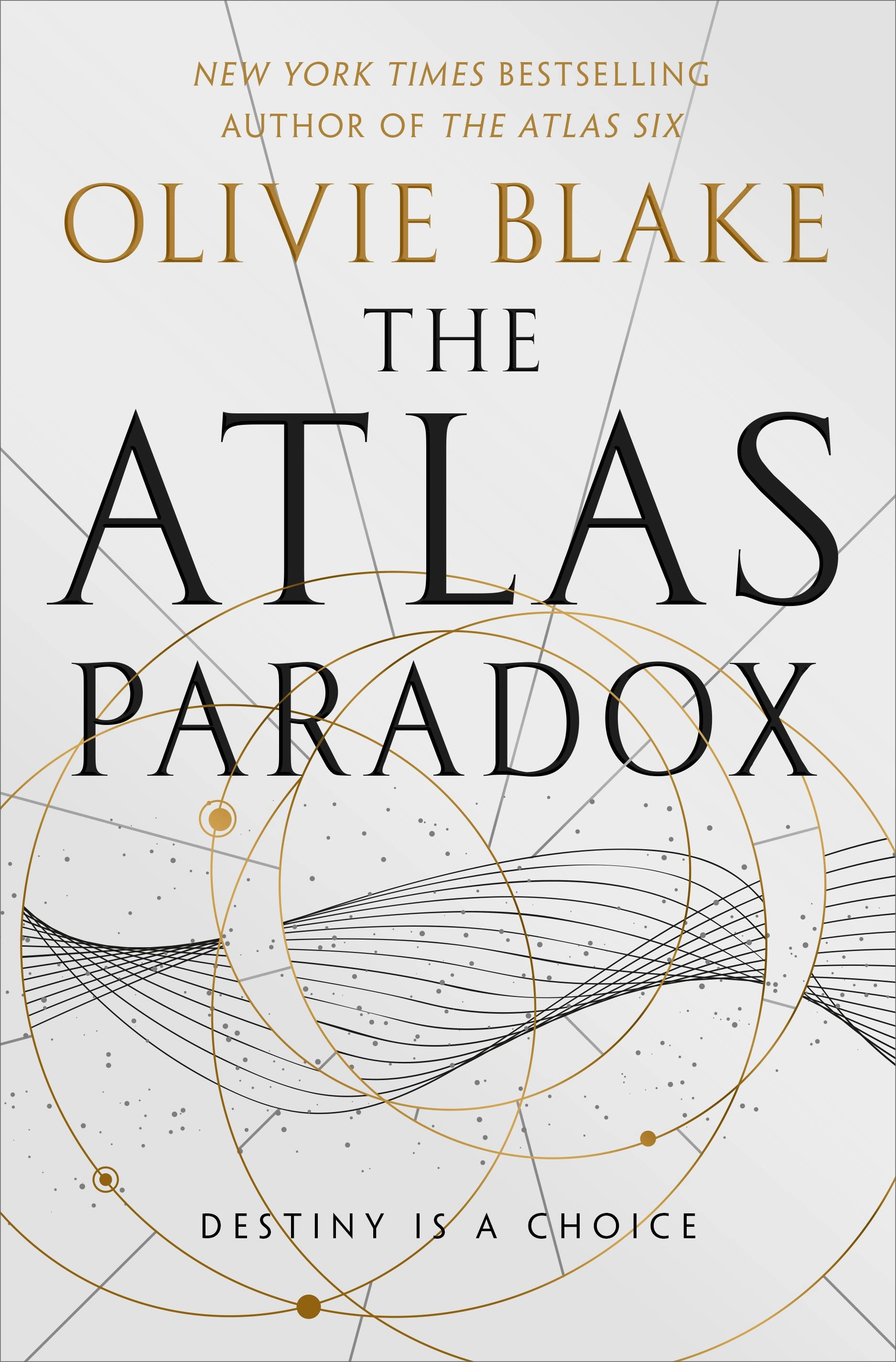
Written by Stephen Hong Sohn
Edited by Lizzy Sobiesk
Olivie Blake’s The Atlas Paradox (Tor, 2022) was published in the same year as the first installment. I have to think that Blake must have had at least most of this novel drafted already since getting her contract, with this one coming out so quickly and being so lengthy! In any case, this one begins basically where the last began, and I do need to provide spoilers at this point only because, well, it’s hard to say what’s going on in this one without telling you what happened in the last one. So, spoiler warning here . . . the actual marketing description is super pithy: “Six magicians were presented with the opportunity of a lifetime. Five are now members of the Society. Two paths lie before them. All must pick a side. Alliances will be tested, hearts will be broken, and The Society of Alexandrians will be revealed for what it is: a secret society with raw, world-changing power, headed by a man whose plans to change life as we know it are already under way.”
When looking back on this one, I’m not really sure what sides we’re talking about, except for the fact that we now know what Atlas Blake is sort of up to. He wants to be able to warp time and space to open up a kind of multiverse. This process requires the talents of the current six, one of whom is trapped now in the past (Libby Rhodes). I guess there is the side that wants Atlas to succeed, and the side that wants Atlas to fail, which is currently being led by Ezra Fowler, who, as we discover, is not just Libby’s ex-boyfriend but also a very powerful medeian and part of Atlas’s class of initiates way back when both were just starting out. The middle in a trilogy is typically the saggiest, and this installment suffers from some of the lag. Here, Blake has to get Libby Rhodes back out from the past but also has to ensure that there is some sort of relevant plotting there so that this type of deviation is robust enough to provide us with some serious content. Rhodes is stuck with the limitations of ‘90s technology, while also realizing that her path forward will require her to make a very destructive decision. Back in the present, the five initiates are left wonder where Libby is, while they all make their own way through the archives. Indeed, they are supposed to be fulfilling some sort of research assignment related to their second years as initiates. On the side, Tristan and Nico devise ways to contact Libby even across time, which requires the help of Gideon, Nico’s friend and possible romantic partner. Gideon, part-mermaid apparently (um yeah, hard to explain this particular motif in this fictional world), can traverse dreamworlds and can cross time and space through this arena and can help to communicate with Libby. Ultimately though, Libby does come back, and her choice essentially requires her to set off a nuclear reaction in order to do so. The price is high: the area where the explosion occurs will of course be irradiated for decades, even if no one actually or directly dies near the site. The conclusion of this book sees one possible death and two definite deaths. Libby’s romantic partner, Belen, in the past, is discovered to be part of the Forum, a group that works directly against The Society, in the future. Belen has some sort of medical event that leaves her indisposed, while it looks likely that Libby kills Ezra (well, for basically kidnapping her and lying about their relationship, etc.) and then kills Atlas (for being megalomaniacal and hiding his true intent as caretaker). This ending sets up new dynamics for the third, as a new set of animosities occurs once Ezra and Atlas are ultimately killed off.
Buy the Book Here
